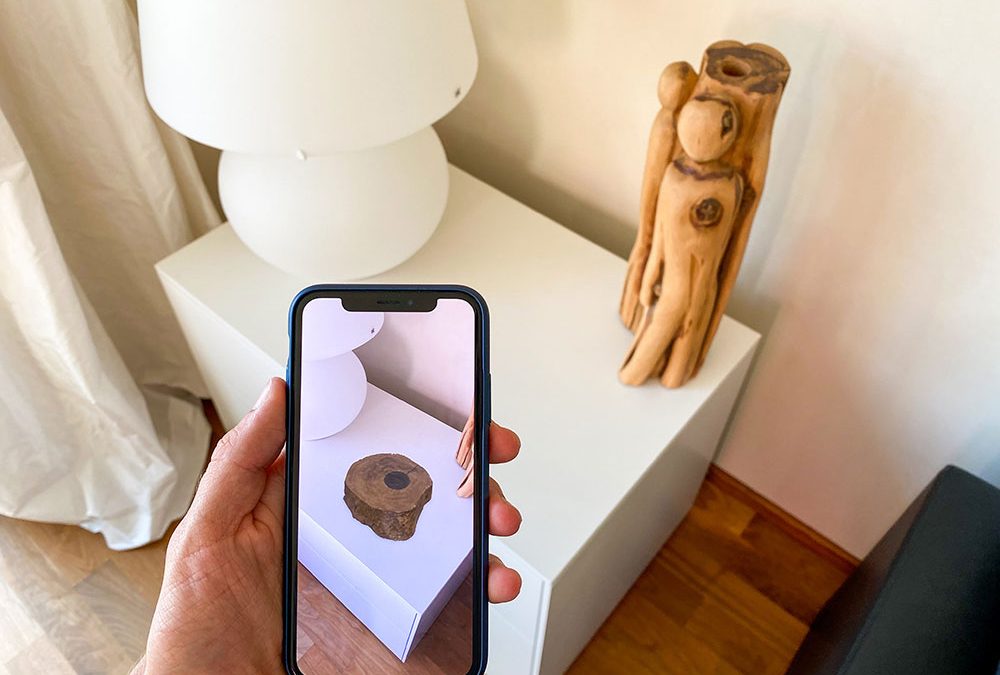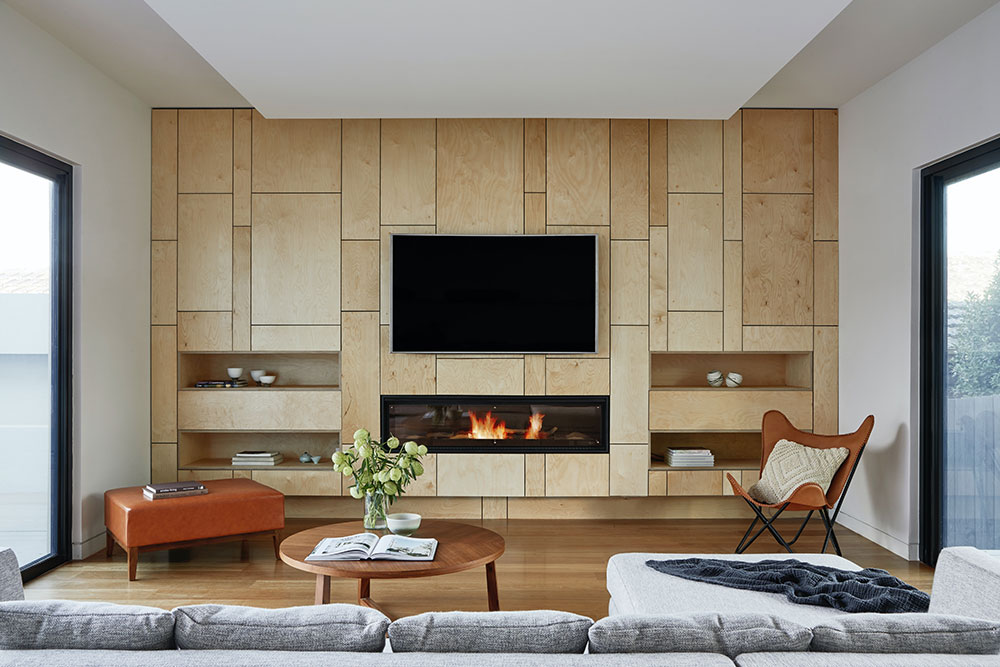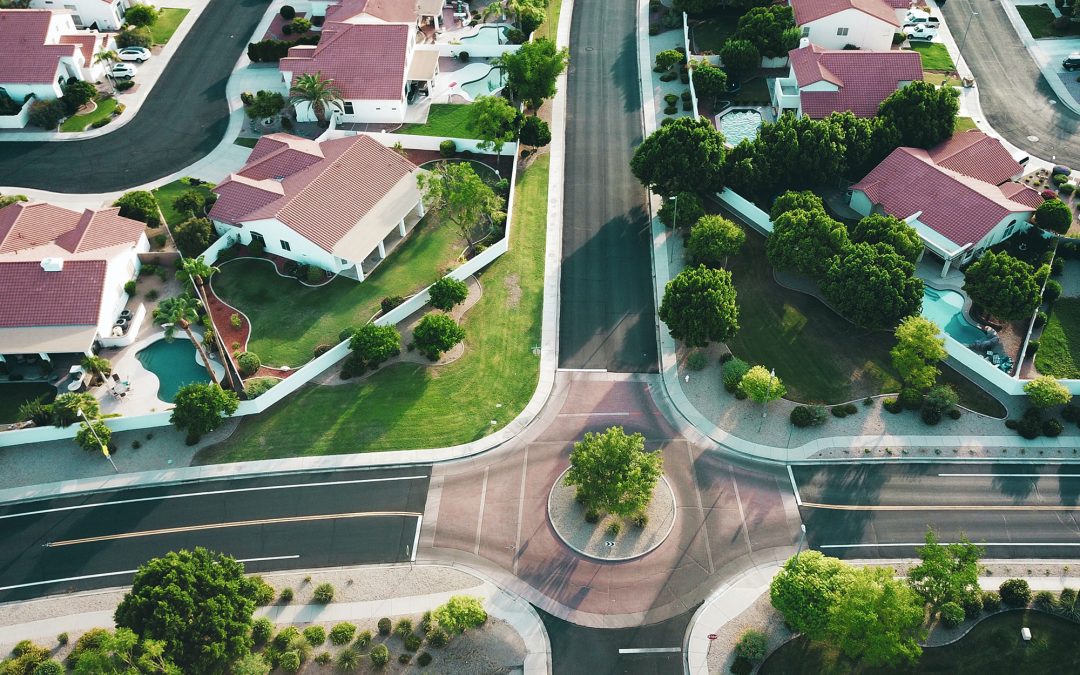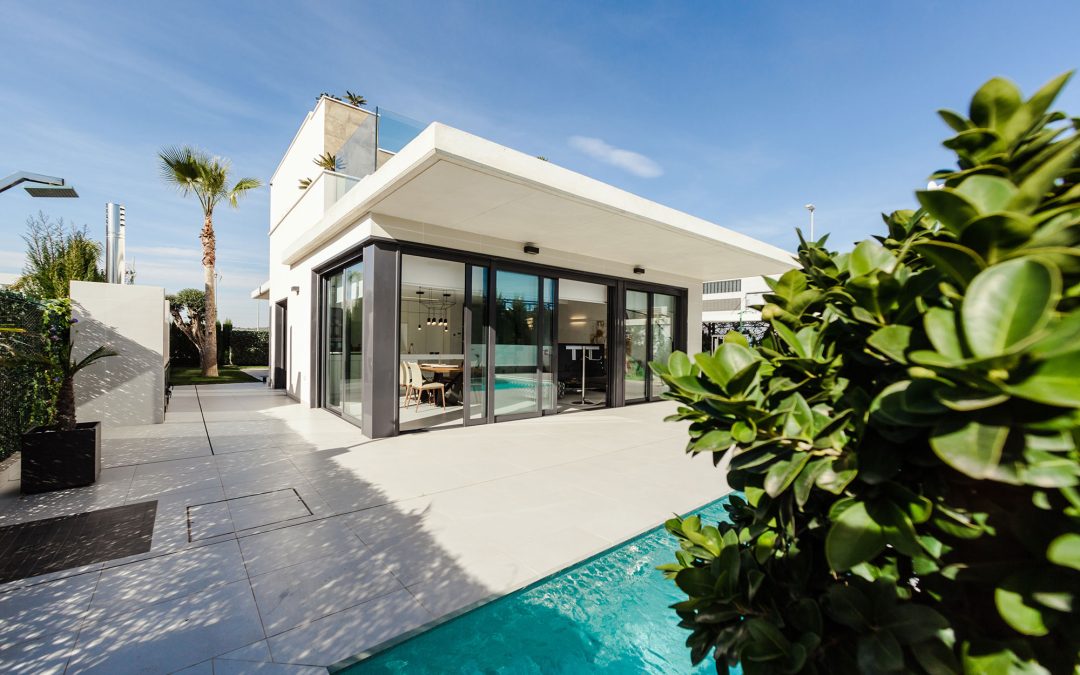VR FOR PROPERTY & REAL ESTATE
3D Walkabout is an Australian based VR studio that designs game engine driven interactive virtual spaces for the Property & Real Estate industry. Market your off-plan properties better.

Virtual Reality (VR) for the Property & Real Estate Industry
In the property and real estate industry, Virtual Reality (VR) presents an extraordinary opportunity for home builders to transform the way they showcase and market their properties. With VR, builders can create immersive virtual display homes, eliminating the need for physical, real world, display home. This saves costs, time, and resources while providing an incredibly realistic and interactive experience for potential buyers. VR also enables home builders to bring 2D off-plan designs to life, allowing clients to explore and visualise their future homes in a three-dimensional space. This enhances spatial awareness and fosters an emotional connection, helping clients envision themselves living in the property. By harnessing the power of VR, home builders & real estate agents can revolutionise the way they present properties, streamline the sales process, and deliver unparalleled customer experiences in the ever-evolving real estate market.
What are the benefits of VR for the property & real estate industry?
Saves money – virtual home viewing means property can be viewed remotely
Saves resources – agents are free to focus on building relationships
Improves communication – clients can comment on a property in real-time
Shows potential – buyers can view a property before completion
Reduces business costs – realtors are free from travelling to viewings
Minimises the need for additional marketing materials such as brochures
Immersive nature enhances customer experience and understanding of the property
Holistic understanding – buyers can see property in street and landscape view
Buyers can change finishes without real-life adjustment to the display home
Demonstrates a modern, forward-thinking agency which appeals to buyers
How VR is is being used in the property & real estate industry
Virtual property showcases
Clients generally need to see several properties before making their decision to buy. A VR walkthrough means buyers can see multiple, carefully selected properties without having to leave their homes. Realtors can give guided tours through the property either through a fully immersive VR experience or a 360 pano tour. Buyers can view multiple VR properties in an hour, rather than spending a whole day driving around the city.
Off-plan visualisation
Selling off-plan can bring challenges. Choosing to show a VR apartment or VR house means clients can experience their potential new home or business premises in an immersive, impactful way. They can imagine themselves living and working in the space, highlight any concerns and be shown immediate solutions. VR real estate can become the client’s home, almost immediately.
Personalised buying experience
VR gives agents the chance to offer a personalised buying experience. Home staging can be maximised by showing the VR building with a client’s preferred style of interiors or showing a business with the complete retail set-up or office design. As well as making property incredibly easy to sell, this kind of experience fosters positive relationships between the buyer and agent, creating clear and open communication.

Brainstorm your ideas on 1300 00 3392
If you’d like to receive our full ‘VR for Property & Real Estate Information Pack & Price List‘ please add your details below.
The industries we work in
VR Property & Real Estate Projects
No Results Found
The page you requested could not be found. Try refining your search, or use the navigation above to locate the post.
VR Property & Real Estate Articles
VR Property & Real Estate Videos
Frequently Asked Questions
What is VR in real estate?
At the moment, VR in real estate is focused on improving the buying experience. It’s a way for realtors and developers to show a property without buyers having to travel. It’s also a way to personalise the experience through property staging and allows clients to make adaptations in real time.
Why VR is good for real estate
VR is good for real estate because it allows people to experience properties without having to travel. It’s possible to see properties before they are completed and to enjoy an immersive experience that offers a real taste of how it might feel to live and work in the property.
How do you get virtual real estate?
You can buy virtual real estate via one of the various metaverse platforms. Popular ones include Decentraland, The Sandbox and Axie Infinity. Property is bought and sold using NFTs which are kept in your virtual wallet and linked to a buying platform such as Open Sea. Once you have connected your wallet to your chosen platform, it’s simply a case of following the instructions to complete the purchase.
What do you do with virtual real estate?
Virtual real estate can be bought and sold like tangible real estate. You can develop the land by adding houses, business premises and other assets – one notable virtual realtor has built their own virtual luxury yacht which has a reputation for immense parties.
Why do people buy virtual property?
People buy virtual property because they expect it to increase in value, which will enable them to buy a better virtual property – just like the tangible world. A virtual property allows people to experience a new environment and interact with others while increasing the potential to monetise their virtual world.
Can you make money with virtual real estate?
You can! Various platforms offer the opportunity to monetise your virtual assets. Houses can be bought or sold while being subject to the same influences of desirability as real-world property. You can use your virtual property to host virtual parties (which other avatars pay to attend) and sell virtual products. Big businesses such as Adidas and Nike are already trading in the virtual world
What is a virtual property?
A virtual property is one that exists in the metaverse, on platforms such as The Sandbox or Decentraland. They are bought and sold using NFTs. Virtual property can be interacted with and experienced using a VR headset or by gaming.





























